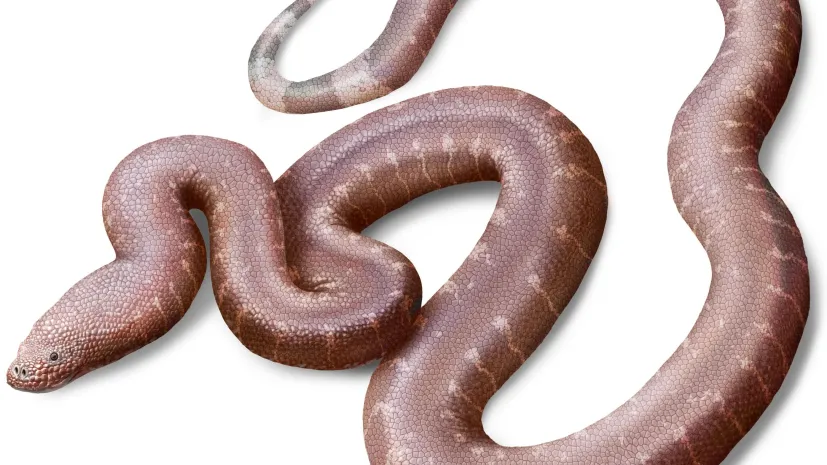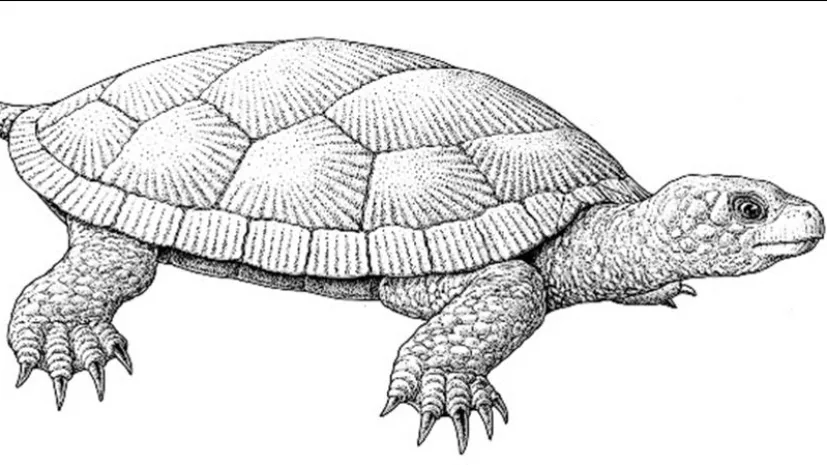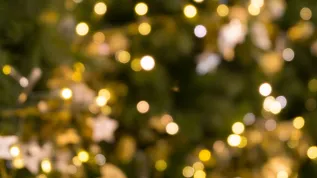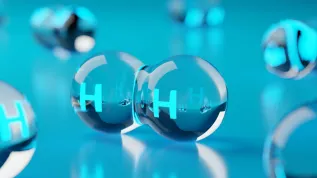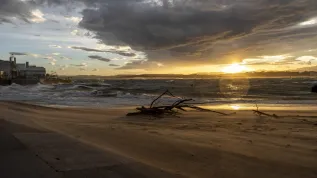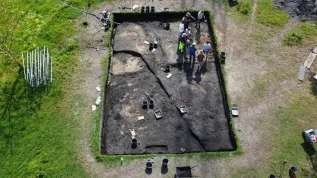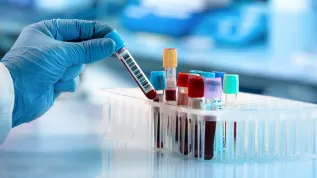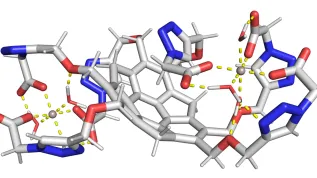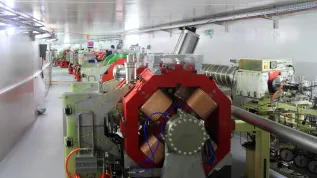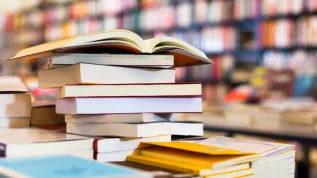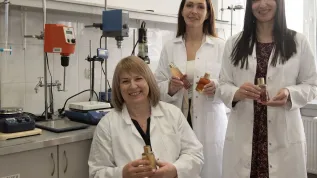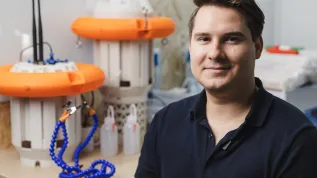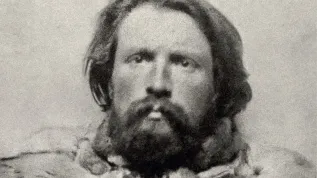-
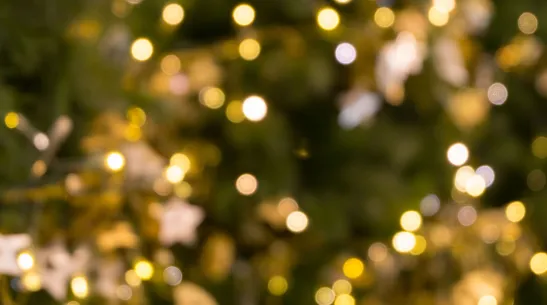
Festive lights boost social life but risk worsening light pollution, expert warns
Festive lights are a permanent feature of Polish cities and can play a positive social role, but they also contribute to light pollution, with their environmental impact depending largely on where and how they are installed, an expert from the Wrocław University of Environmental and Life Sciences has warned.
-
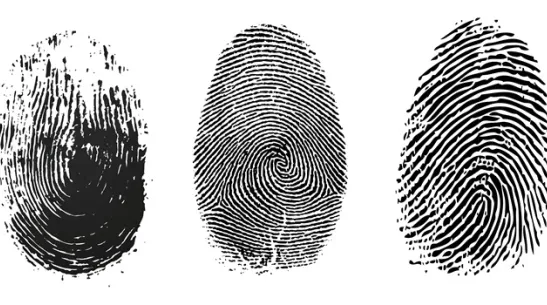
Fingerprint chemicals may indicate time of death, age, and biological sex, study shows
-
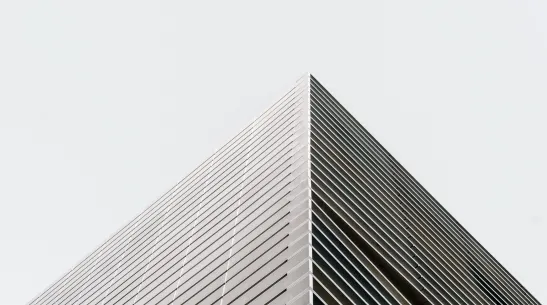
Poles show growing interest in eco-homes, but cost and stereotypes remain barriers, expert says
-
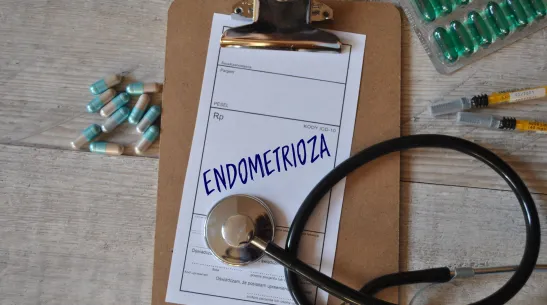
Infrared and artificial intelligence accelerate diagnosis of endometriosis, Polish study finds
-
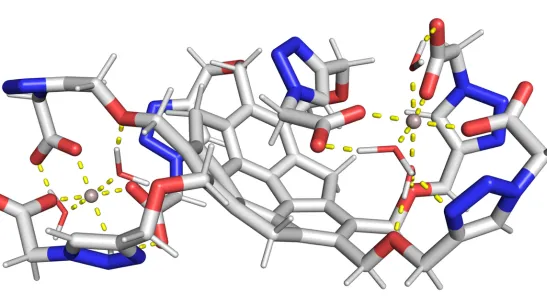
Polish chemists develop water-soluble fluorescent molecules to detect metal contaminants
-

XMaS beamline helps develop methane recovery technology
-
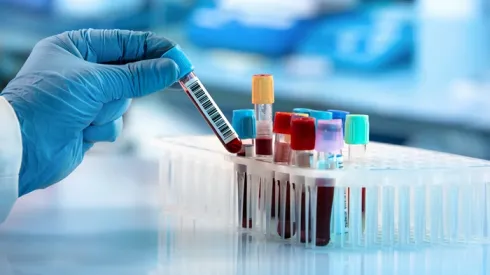
Polish scientists develop compound that ‘selectively kills’ colon cancer cells
-
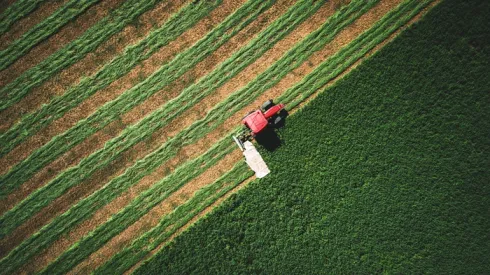
Polish scientists patent cold plasma method to protect plants from bacteria
-

Polpharma to receive PLN 30 mln in state funding for RNA drug technology development
-
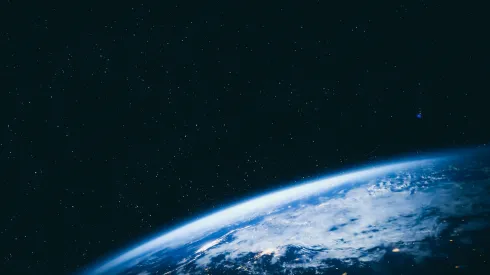
Redwire Polska to supply docking systems for TEC’s Nyx spacecraft
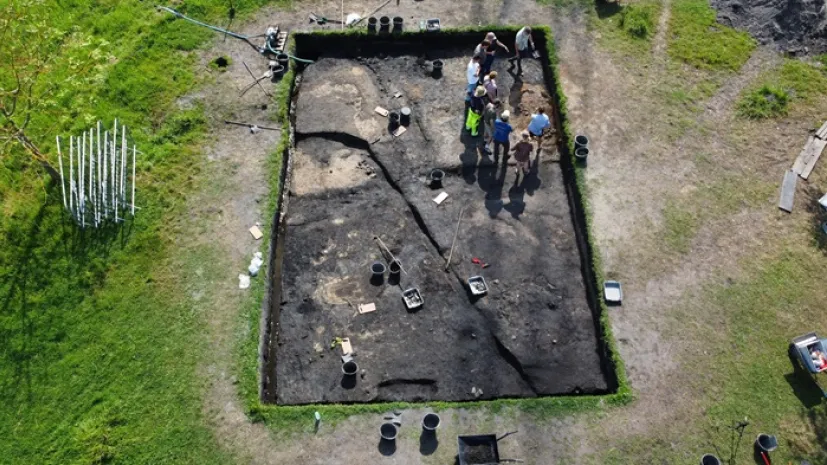
Archaeologists uncover unknown hut structures and possible early medieval port in Poland
Archaeologists in the Polish town of Wolin have discovered the remains of four huts of previously unknown construction, hundreds of everyday artefacts and possible traces of an early medieval port, findings that suggest the history of the town may be more complex than previously assumed.

